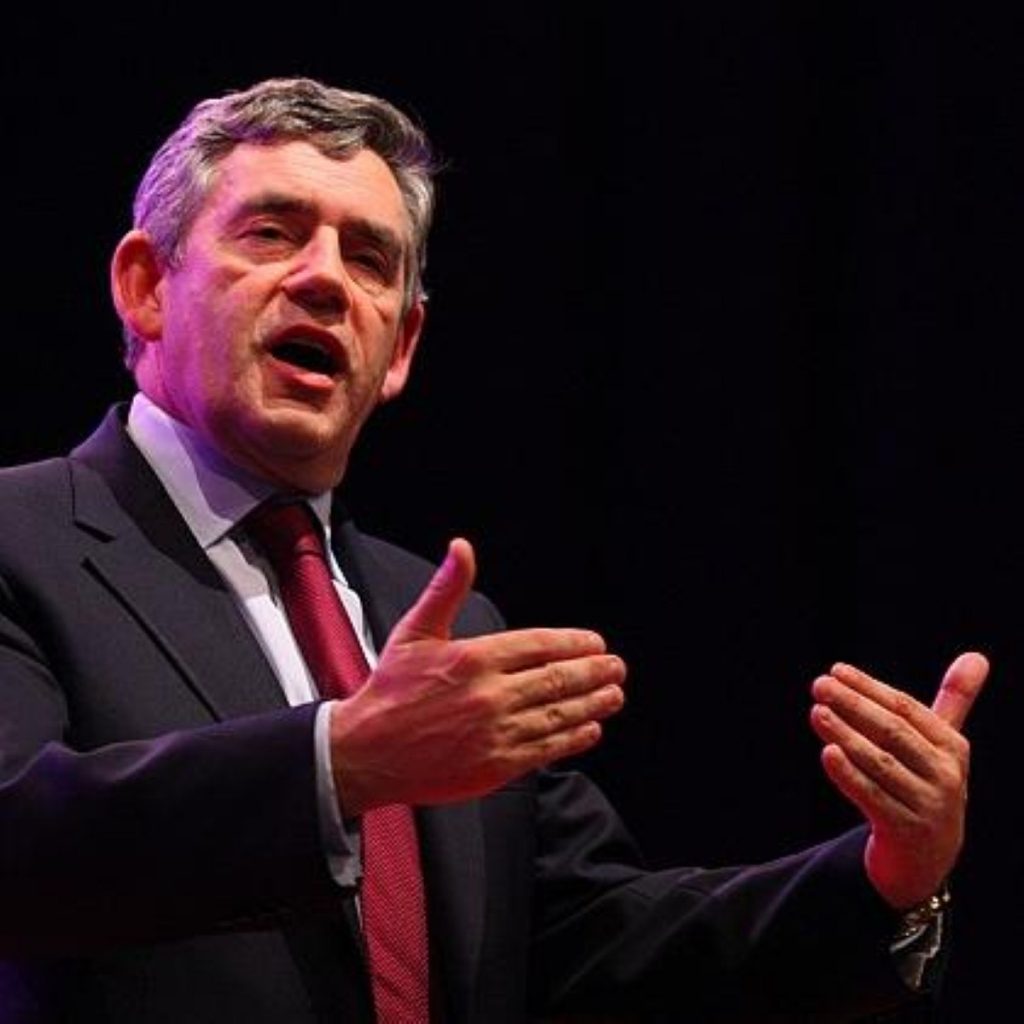Brown forced to deny prior knowledge of MP arrest
Prime minister Gordon Brown was forced to personally deny any prior knowledge of the arrest of opposition MP Damiam Green on Thursday afternoon.
Mr Brown said neither he or any other government ministers were aware of the arrest of the Tory immigration spokesman.
The MP was arrested and held for nine hours while his homes and House of Commons office were searched by police probing alleged Home Office leaks.
Opposition MPs described the move as a “Mayday warning for democracy” yesterday while questioning the government’s role in the matter.


But Mr Brown said he and ministers had “no prior knowledge” of the arrest.
The prime minister told Sky News: “I had no prior knowledge, the home secretary had no prior knowledge, I know of no other minister who had any prior knowledge.
“I knew about it only after it had happened.”
Home Secretary Jacqui Smith also yesterday denied ministers had been involved in any way in the arrest of Mr Green.
“The Metropolitan Police have been completely clear that that arrest happened without either ministerial involvement or authorisation,” she said.
But the Conservatives have reacted furiously to the arrest of one of their MPs while the Liberal Democrats condemned Mr Green’s arrest and search of his parliamentary office, by nine members of the Met’s counter-terrorism squad.
Describing the operation as “heavy handed”, Tory leader David Cameron said: “If they wanted to talk to Damian Green why not pick up the telephone and ask to talk to him.”
“[The police] have got questions to answer, frankly, I think government ministers have got questions to answer as well. If they didn’t know, why weren’t they told?
“As far as I can see, he made public some information that was in the public interest that the government found uncomfortable.”
Lib Dem leader Nick Clegg described the arrest as “something you might expect from a tin-pot dictatorship, not in a modern democracy.”
The action by the police has caused concern among all the political parties. The chair of the home affairs committee, Keith Vaz, has tabled a discussion on the arrest for the committee’s next meeting.
“We are totally in the dark about what this is about,” Mr Vaz told politics.co.uk .
Yesterday there also appeared to be confusion about the powers used by the police to arrest Mr Green.
Metropolitan Police representatives seemed at one point in the morning to think Mr Green’s arrest had been covered by the Police and Criminal Evidence Act 1984 (PACE), for which counter-terrorism officers share a brief.
But a Home Office spokesman insisted the two offences Mr Green was arrested under were common law offences, and that counter-terrorism officers were used because the case involved leaks from a government department. Under this version of events, he would merely have been questioned and evidence taken under PACE.
Late in the afternoon, a police spokesperson confirmed the searches and arrest were conducted under the provisions of PACE, not the Terrorism Act 2000.












